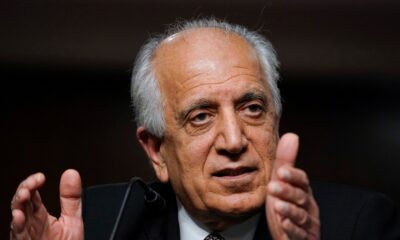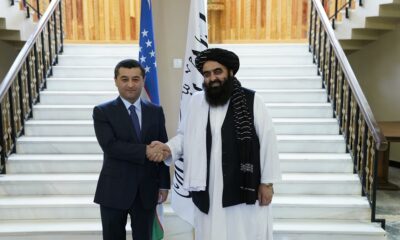Business
Senior Afghan, Pakistani officials to meet at Torkham
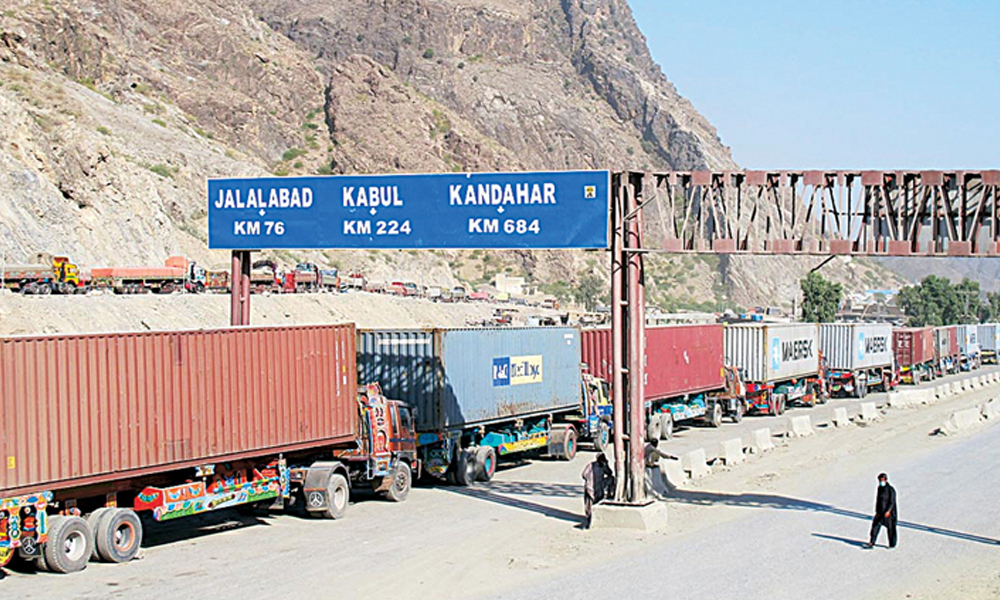
Senior officials from Afghanistan and Pakistan will meet at Torkham border crossing on Monday to discuss issues related to trade and movement of people.
Afghanistan’s delegation in the meeting will be led by Acting Minister of Industry and Commerce Nooruddin Azizi, while Pakistan’s will be headed by Adviser to the Prime Minister on Commerce and Investment Abdul Razak Dawood. The Pakistani delegation will also include National Security Advisor Moeed Yousuf.
The officials will discuss various important matters related to smooth movement of people and patients across the border, issuance of temporary admission documents, increase in timings of border crossing points, establishment of joint border infrastructure, training of Afghan nominees for trade related capacity building courses and smooth crossing of humanitarian assistance to Afghanistan, Pakistani media reported.
Officials will also discuss the time frame for reinitiating the stalled Torkham-Jalalabad road project and the start of a luxury bus service between Peshawar-Jalalabad and Quetta-Kandahar, according to Dawn news.
The Peshawar-Jalalabad motorway concept was given the go-ahead in 2016. However, there has been no progress on the 281-km road project.
Meanwhile, Pakistan-Afghanistan Joint Chamber of Commerce and Industry (PAJCCI) in a report on Saturday expressed concerns over the “shrinking” trade volume from $2.5 billion to $1 billion between the two countries.
“Lack of business-friendly policies, absence of proper barter trade mechanisms, ineffective investment and joint venture policies apart from unnecessary pressure and action by the FIA (Federal Investigation Agency) and FBR (Federal Board of Revenue) are the main factors that reduced the trade volume,” the report said.
It stated that in the absence of an operational banking structure in Afghanistan, banks refused to process third-party payments which hindered international transactions.
Moreover, imposition of duties, fiscal reforms, double taxation, and unilateral imposition of duties and taxes by either government also affected the trade, according to the report.
“The trade volume decreased due to the unregulated movement of goods, the need for unnecessary documents, difficult security checks, and poor transit facilities in both countries,” the report stated.
Business
Pakistan allows re-export of stranded Afghan transit cargo
The suspension of Afghan Transit Trade operations left thousands of containers stuck, causing heavy financial losses for Afghan traders and disrupting regional commerce.

Pakistan’s Federal Board of Revenue (FBR) has allowed the re-export of Afghan transit trade consignments that had been stranded for months at Chaman and Quetta, enabling their movement to Karachi Port and Port Qasim.
The shipments were halted after crossings between Afghanistan and Pakistan were closed in October 2025 amid escalating security tensions.
The suspension of Afghan Transit Trade operations left thousands of containers stuck, causing heavy financial losses for Afghan traders and disrupting regional commerce.
Under the new directive, stranded goods will be transported under customs supervision to Karachi for re-export. Pakistani authorities said the process will follow strict monitoring and inspection procedures to ensure compliance with transit regulations.
The decision offers limited relief to Afghan businesses affected by the prolonged disruption, though regular trade between the two countries has yet to resume.
Business
Afghanistan’s 2026 Development Framework meeting highlights self-reliance and economic stability
The Ministry said these measures helped preserve relative economic stability and deliver stronger economic growth compared with the previous year.
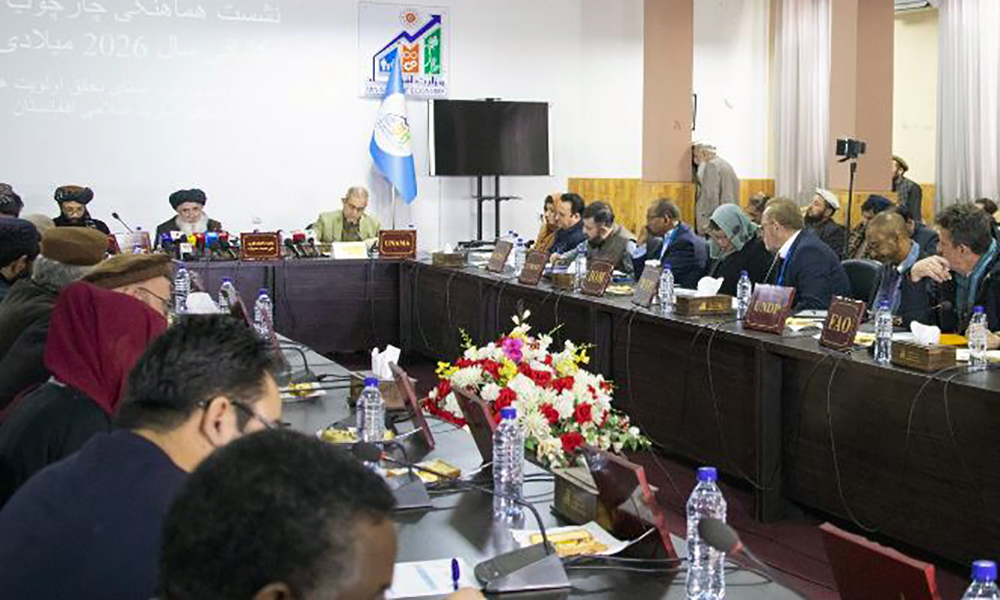
The Ministry of Economy of Afghanistan says a coordination meeting on the United Nations’ 2026 Development Framework for Afghanistan was held under the chairmanship of Qari Din Mohammad Hanif, Minister of Economy, focusing on advancing national development priorities and long-term economic stability.
The meeting was attended by representatives from the Ministry of Foreign Affairs, the United Nations Assistance Mission in Afghanistan (UNAMA), heads of UN agencies operating in the country, delegates from the European Union, and a range of international organizations.
During the session, the Minister of Economy outlined Afghanistan’s current situation, recent achievements, and key economic priorities, while expressing appreciation for the continued support of international partners during challenging years.
According to the Ministry, Afghanistan faced severe economic, social, and climate-related pressures in 2025.
These included the impacts of climate change and natural disasters, the forced return of more than two million Afghan migrants from neighboring countries, ongoing sanctions, frozen foreign reserves, and a sharp decline in development and humanitarian assistance. Together, these factors have significantly affected the livelihoods of vulnerable communities.
Despite these challenges, the Islamic Emirate has implemented a series of economic and development programs centered on prudent policymaking and national priorities.
The Ministry said these measures helped preserve relative economic stability and deliver stronger economic growth compared with the previous year.
Improved economic governance, support for domestic production and the private sector, exchange rate stability, export growth, national infrastructure projects, inflation control, and increased domestic revenues were cited as key contributors.
The Ministry also highlighted the role of the United Nations in addressing urgent humanitarian needs, noting that UN assistance has been critical in responding to climate impacts, supporting migrants and returnees, strengthening food security and livelihoods, delivering basic health services, and reducing overall human suffering.
Data from the Ministry of Economy show that around $1.009 billion in international assistance was allocated to Afghanistan in 2025 across various sectors, with approximately $590 million earmarked for project expenditures. However, figures from the UN Office for the Coordination of Humanitarian Affairs indicate a significant drop in humanitarian funding, with only 36 percent of the $2.4 billion required having been secured.
The Ministry emphasized that sustainable economic stability can only be achieved through self-reliance, growth-driven economic policies, and constructive engagement with the international community.
Afghanistan’s Development Strategy, a long-term framework developed under the leadership of the Economic Deputy of the Prime Minister and coordinated by the Ministry of Economy, aims to promote balanced development, job creation, poverty reduction, infrastructure expansion, private sector support, and environmental protection.
Business
Afghan delegation visits Belarus to strengthen economic and industrial ties
The delegation also visited major state and industrial enterprises, including, the State Chemical Service, and agricultural farms under the Ministry of Agriculture.
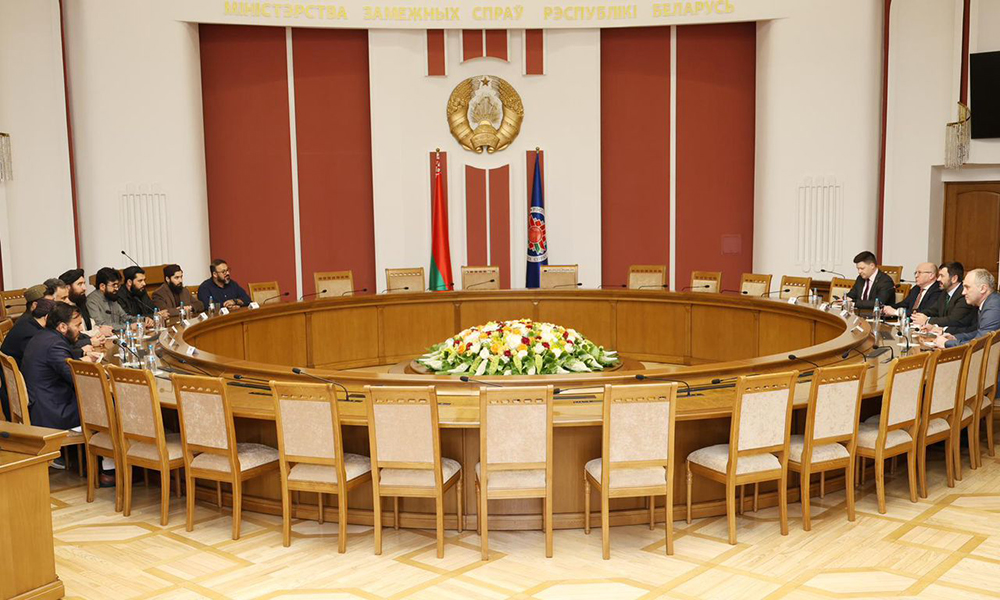
A high-level delegation from the Islamic Emirate of Afghanistan, led by Ahmad Jan Balal, head of the Emirati Companies, and Abdul Rahman Atash, CEO of the National Development Company, accompanied by representatives from the Ministry of Foreign Affairs and technical teams, visited Belarus to advance bilateral cooperation.
According to Nabiullah Arghandiwal, spokesperson for the National Development Company, the Afghan delegation held meetings with officials from Belarus’ Ministries of Foreign Affairs, Agriculture, and Industry to discuss political, economic, and trade-related issues.
The delegation also visited major state and industrial enterprises, including, the State Chemical Service, and agricultural farms under the Ministry of Agriculture.
Arghandiwal added that both sides agreed to strengthen and expand technical collaboration in the fields of industry, agricultural machinery, construction materials, food safety, public health, and education, aiming to enhance long-term economic and industrial partnerships between the two nations.
give me english hashtags with coma in between the words
-

 Latest News5 days ago
Latest News5 days agoAfghanistan’s Chief of Armed Forces underscores readiness and equipment for national defense
-
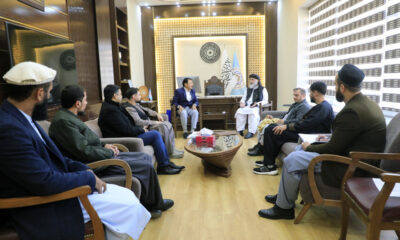
 Latest News4 days ago
Latest News4 days agoAfghanistan welcomes investment and technology partnerships with India
-

 Sport4 days ago
Sport4 days agoAfghan Peaks founder climbs Aconcagua to promote Afghanistan’s mountain potential
-

 Latest News3 days ago
Latest News3 days agoIndian customs seize Chinese walnuts falsely declared as Afghan
-

 Business4 days ago
Business4 days agoPakistan allows re-export of stranded Afghan transit cargo
-
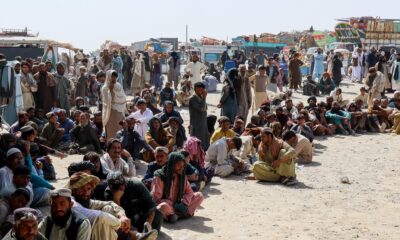
 Latest News3 days ago
Latest News3 days agoPakistan’s Punjab to send home 20 more Afghans in repatriation drive
-

 Latest News4 days ago
Latest News4 days agoPakistan signals possible air strikes as Kabul releases Pakistani soldiers in goodwill move
-
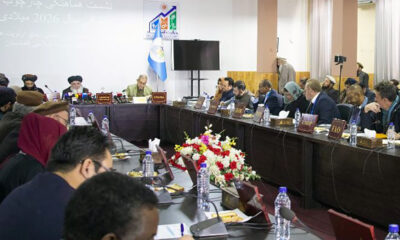
 Business5 days ago
Business5 days agoAfghanistan’s 2026 Development Framework meeting highlights self-reliance and economic stability


